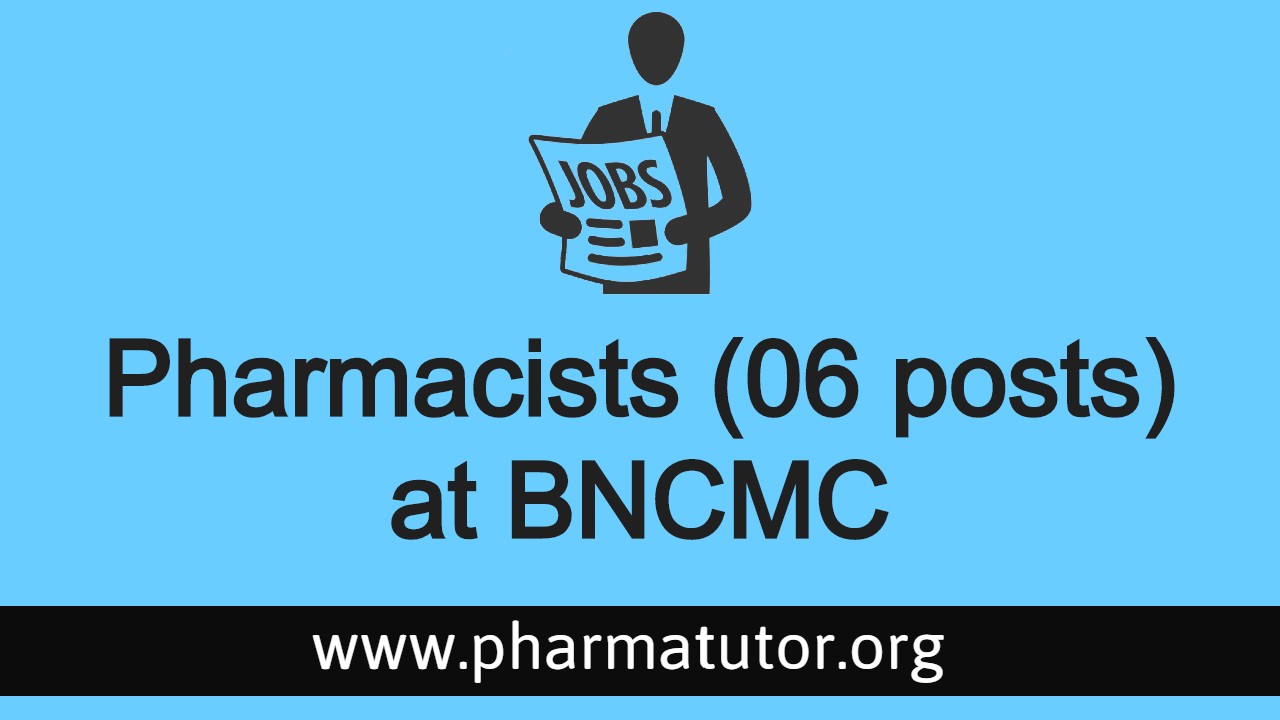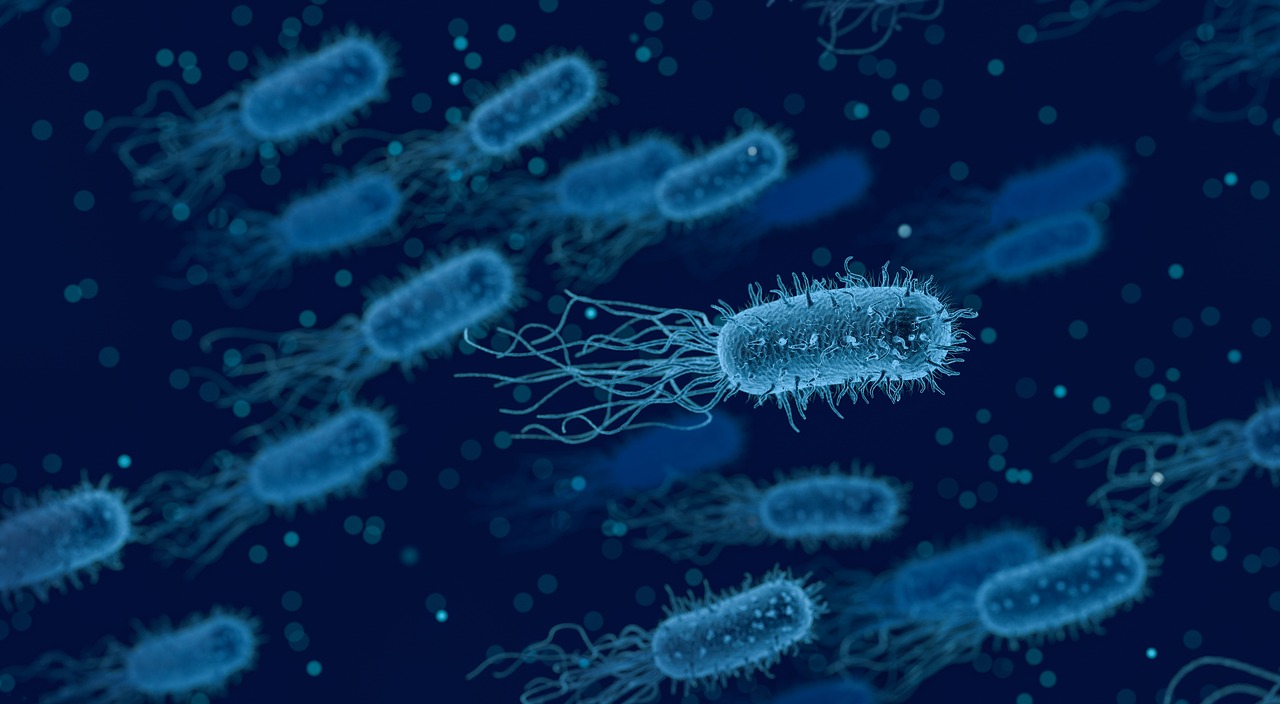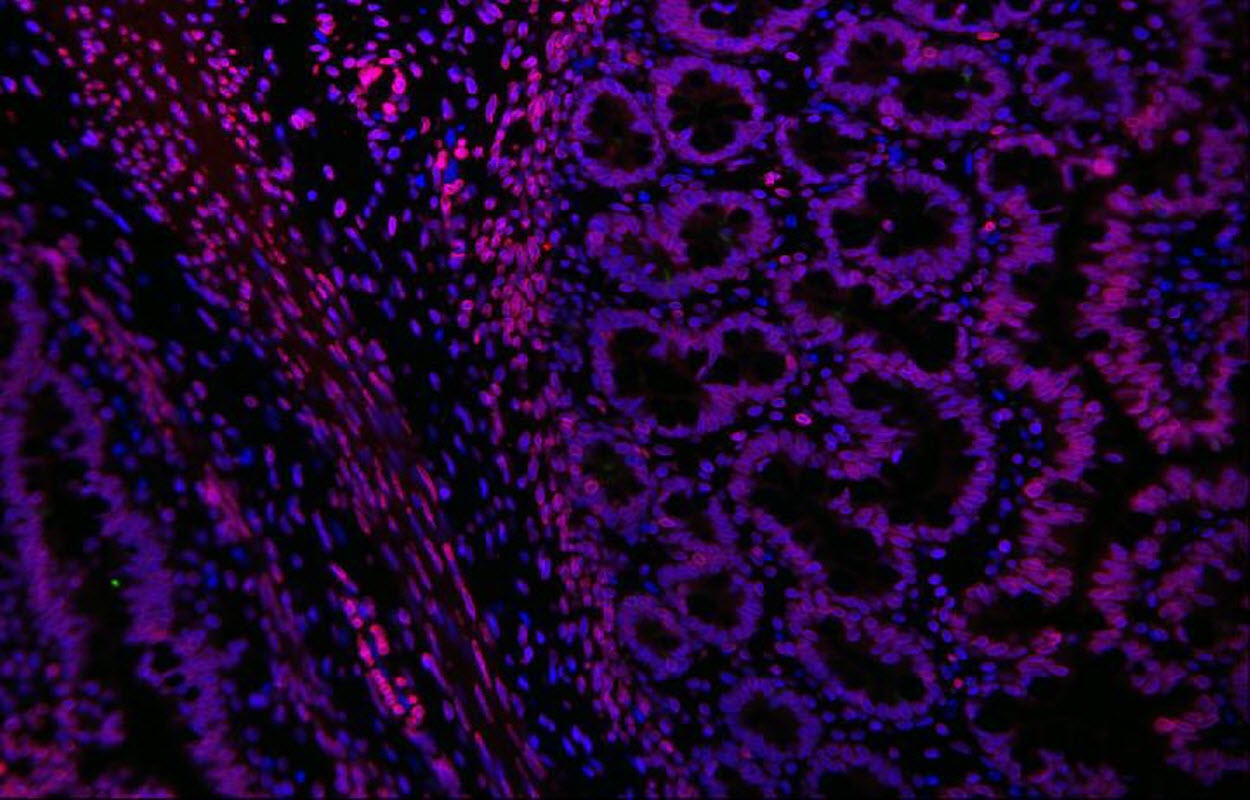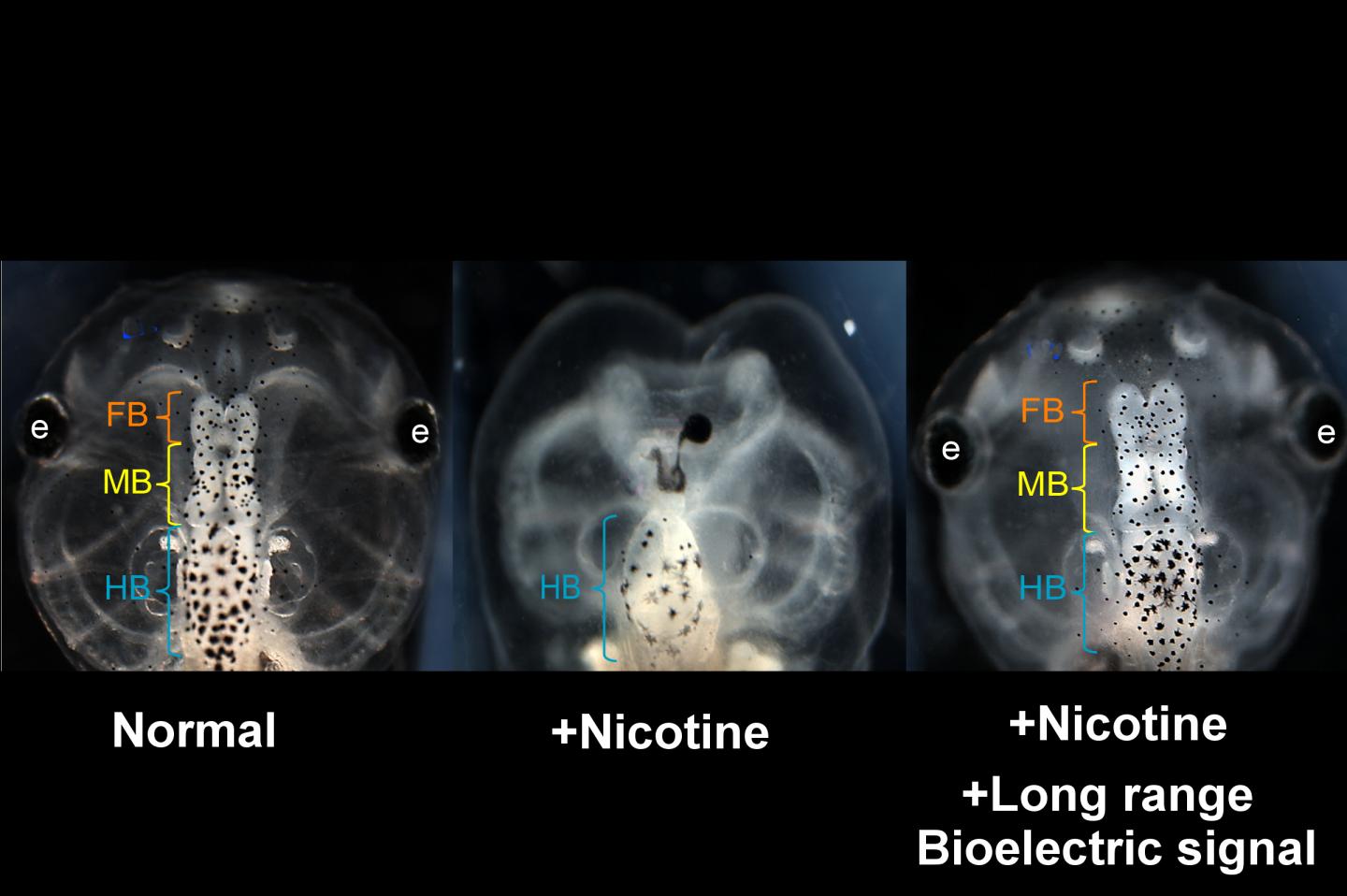
In order to prevent the spread of Corona Virus (Covid-19), to work in Bhiwandi Nizampur Municipal Corporation as Pharmacist.
Post : Pharmacist
Biocon Ltd an innovation-led global biopharmaceuticals company, announced that its subsidiary Biocon Biologics has received the Drugs Controller General of India’s (DCGI) approval for an extracorporeal blood purification (EBP) device CytoSorb® to reduce pro-inflammatory cytokines levels in confirmed COVID-19 patients admitted to the intensive care unit (ICU) with confirmed or imminent respiratory failure.
Biocon Biologics has been granted licence for emergency use of CytoSorb in public interest by the Indian health regulator to treat COVID-19 patients who are 18 years of age or older. The licence will be effective until control of the COVID-19 outbreak in the country.
Studies have shown that COVID-19 patients who develop serious complications experience a ‘cytokine storm,’ also known as Cytokine Release Syndrome (CRS), which leads to excessive inflammation, organ failure and death. The goal of CytoSorb therapy is to reduce cytokine storm and the deadly inflammatory response through blood purification so that this injury may be mitigated or prevented.
The Company has received approval from DCGI in Form MD-15 (Medical Device) for reducing pro-inflammatory cytokine levels in order to control the ‘cytokine storm’ and benefit COVID-19 patients who are in a critical condition.
Kiran Mazumdar-Shaw, Executive Chairperson, Biocon, said: “As a science-led organization, Biocon’s endeavour is to provide innovative solutions to patients to address their unmet needs. CytoSorb is an in-licensed unique device that reduces cytokine storm in critically ill patients and was introduced by Biocon in India in 2013.
Since then many patients undergoing organ transplant and sepsis treatment have benefitted from it. DCGI approval for emergency use of CytoSorb for critical COVID-19 patients is an important example of how industry and regulators are working in tandem to urgently provide physicians and patients with new treatment options in the fight against COVID-19. CytoSorb will be an important addition to the Indian medical community’s arsenal against the deadly coronavirus.”
With more than 80,000* documented active coronavirus infections and over 4,000* deaths, India needs new therapies to reduce the severity of this disease.
CytoSorb is plug-and-play compatible with the most commonly used blood purification machines or pumps in the ICU used to treat COVID-19 patients, including hemoperfusion, hemodialysis, continuous renal replacement therapy (CRRT), and extracorporeal membrane oxygenation (ECMO) machines.
In April, the U.S. Food and Drug Administration (FDA) granted Emergency Use Authorization (EUA) of CytoSorb for use in patients with COVID-19 infection.
Subscribe to PharmaTutor News Alerts by Email

Giving beneficial bacteria to stressed mothers during the equivalent of the third trimester of pregnancy prevents an autism-like disorder in their offspring, according to a new animal study by University of Colorado Boulder researchers.

Caption : Human intestine, engineered in the laboratory of Tracy Grikscheit, MD.
Babies with Hirschsprung's disease are born with an incomplete or absent gut nervous system. Children's Hospital Los Angeles investigator Tracy Grikscheit, MD, runs a laboratory that investigates the therapeutic potential of tissue engineering - the induced growth of healthy tissue using stem cells. In a new study, Dr. Grikscheit successfully grew a fully functional gut nervous system - or ENS - in a pre-clinical model. While not yet available clinically, the finding brings surgeons like Dr. Grikscheit one step closer to helping babies in need.

Caption : Nicotine induced defects in the frog embryo brain (center) can be rescued by transplanting an HCN2 expressing patch on the embryo far from the brain. Treated embryos are observed to have normal brain morphology and function (right). View of normal embryo head is shown at left. Similar results are seen when nicotine-exposed embryos are treated with ionoceutical drugs. (FB = forebrain; MB = midbrain; HB = hindbrain)
Researchers led by biologists at Tufts University have discovered that the brains of developing frog embryos damaged by nicotine exposure can be repaired by treatment with certain drugs called "ionoceuticals" that drive the recovery of bioelectric patterns in the embryo, followed by repair of normal anatomy, gene expression and brain function in the growing tadpole. The research, published today in Frontiers in Neuroscience, introduces intervention strategies based on restoring the bioelectric "blueprint" for embryonic development, which the researchers suggest could provide a roadmap for the exploration of therapeutic drugs to help repair birth defects.